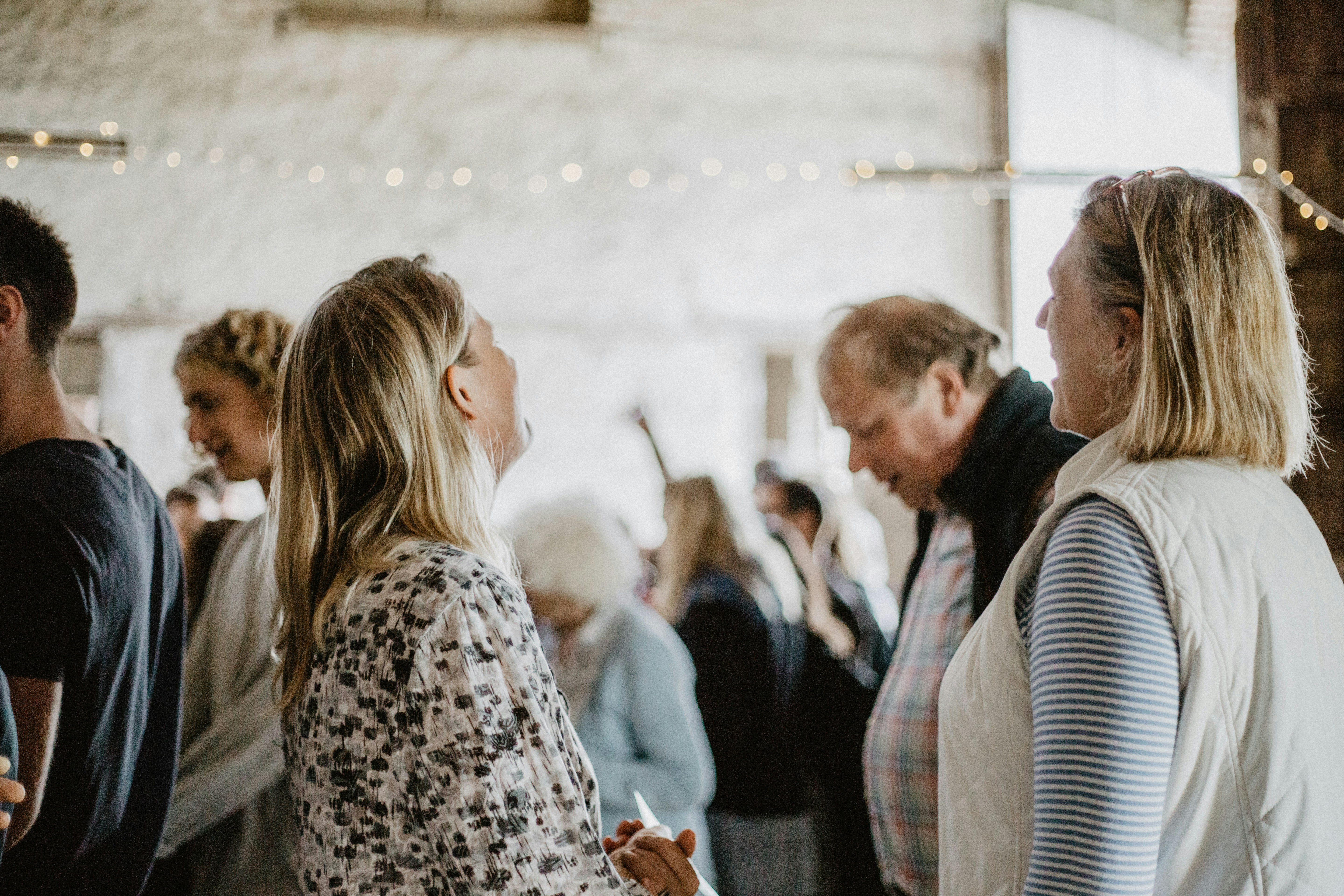Navigating Social Anxiety Without Alcohol
It’s common for people to report that they drink more than they want to on a night out because of social anxiety, especially when it comes to situations where you're outside your comfort zone.

Whether it's a friend's party, a work event or even a first-date, it's not uncommon to rely on liquid courage - especially if your social circles tend to frequent events that feature alcohol. While a few alcoholic drinks can help ease nerves initially, it's important to learn how to navigate your anxiety without alcohol.
As we approach the busiest social season of the year, developing the skills to socialise sober can help you better manage social anxiety without leaning on alcohol.
Tackling social events without drinking
When it comes to tackling social events sober, it can feel daunting. If your social life or certain friendships are built around alcohol, it's important to remember that genuine connections shouldn't rely on drinking. Here are some tips to remember to help you manage your anxiety and socialise sober.
Admit your anxiety
One of the most stressful things about having social anxiety can be pretending not to have it. You might find it helpful to cut the tension by admitting to the people around you that social events freak you out. Then, you can build solidarity with people who are also anxious or those friends that are more socially confident can step in to help you out.
Don’t be so hard on yourself
Social anxiety makes us self-conscious, but most people probably aren’t thinking about you anywhere near as much as you’re thinking about yourself. Remind yourself that you’re just a person like everybody else - and drinking alcohol won't change that. You're neither the best or worst conversationalist in the room and you’re going to click with some people, and not click with others. That’s normal, and not a reflection on you as a person.
Practice saying no to alcohol
When you decline a drink, you’re probably thinking about it far more than the person offering. If you say no and they continue to push you, remember that they’re the one making it weird. To feel more confident about being the sober friend, prepare a few go-to responses for when people offer you alcohol:
“I’m the designated driver.”
“I’ve got an early start tomorrow.”
“I’m on hayfever meds — alcohol doesn’t mix well.”
“I’m doing Dry July/Sober October.”
“I’ve already got a drink, thanks.”
"I'm reducing my drinking to focus on my health."
The specific explanation doesn’t matter as much as having one ready and if they continue to push, just remember that your reasons are your own. Planning ahead helps you avoid pressure in the moment, but at the end of the day remember: no is a full sentence
How to Handle Talking To Your Friends
If you've only recently stopped drinking alcohol, have just decided to limit your drinking, or have found yourself sober curious, it's only natural for your friends to ask you; Why aren't you drinking? In life, this (sometimes unintentional) peer pressure can be difficult to navigate. If you're worried about disappointing friends, try these tips and strategies to ease the sting of rejection and stay committed to sobriety:
- Consider honesty. It can be scary to admit that you’ve decided to make changes to your drinking or drug use, but many people will understand. It’s probably a much bigger deal to you than it is to them. It’s increasingly common for people to describe themselves as sober curious or intermittently sober. You don’t have to go into gory details, but consider giving your loved ones the opportunity to show that they support you by being honest with them.
- Prepare an ongoing excuse. If you don’t feel comfortable being honest, offer an explanation that signals to your friends that you’re unlikely to attend this kind of event for a while, so they’re not getting rejected over and over. For example:
- You’re on strict budget.
- You’re avoiding loud places because you’ve had ringing ears or headaches.
- You’re on a health kick.
- You're trying to avoid a hangover the next day.
- Decline early. Don’t accept the invitation and then cancel at the last minute. Being let down repeatedly hurts.
- Don’t just say ‘no’, offer an alternative activity that you both/all enjoy. Suggest a specific time and date so they don’t feel like you’re just blowing them off.
Show you care. If it’s a special occasion, a small gift, card or thoughtful gesture will show them that they’re important to you even if you’re not attending their party.
Sometimes, it’s not the place or event that triggers you, but the people. We all have people in our social life who are heavy drinkers, often designated the 'drinking friends' in social settings, and who can sometimes peer pressure you into drinking. In these instances, you might have to make hard decisions about distancing yourself from loved ones whose presence is harmful to your sobriety. Check out our tips to handle those painful choices.
Need to talk to somebody about what’s going on or need some advice on limiting drugs and alcohol in your life? Our counsellors are here for you — chat with us any time, free, confidential, 24/7. Otherwise, joining our online communities can connect you with others who are re-examining their relationship with alcohol.

